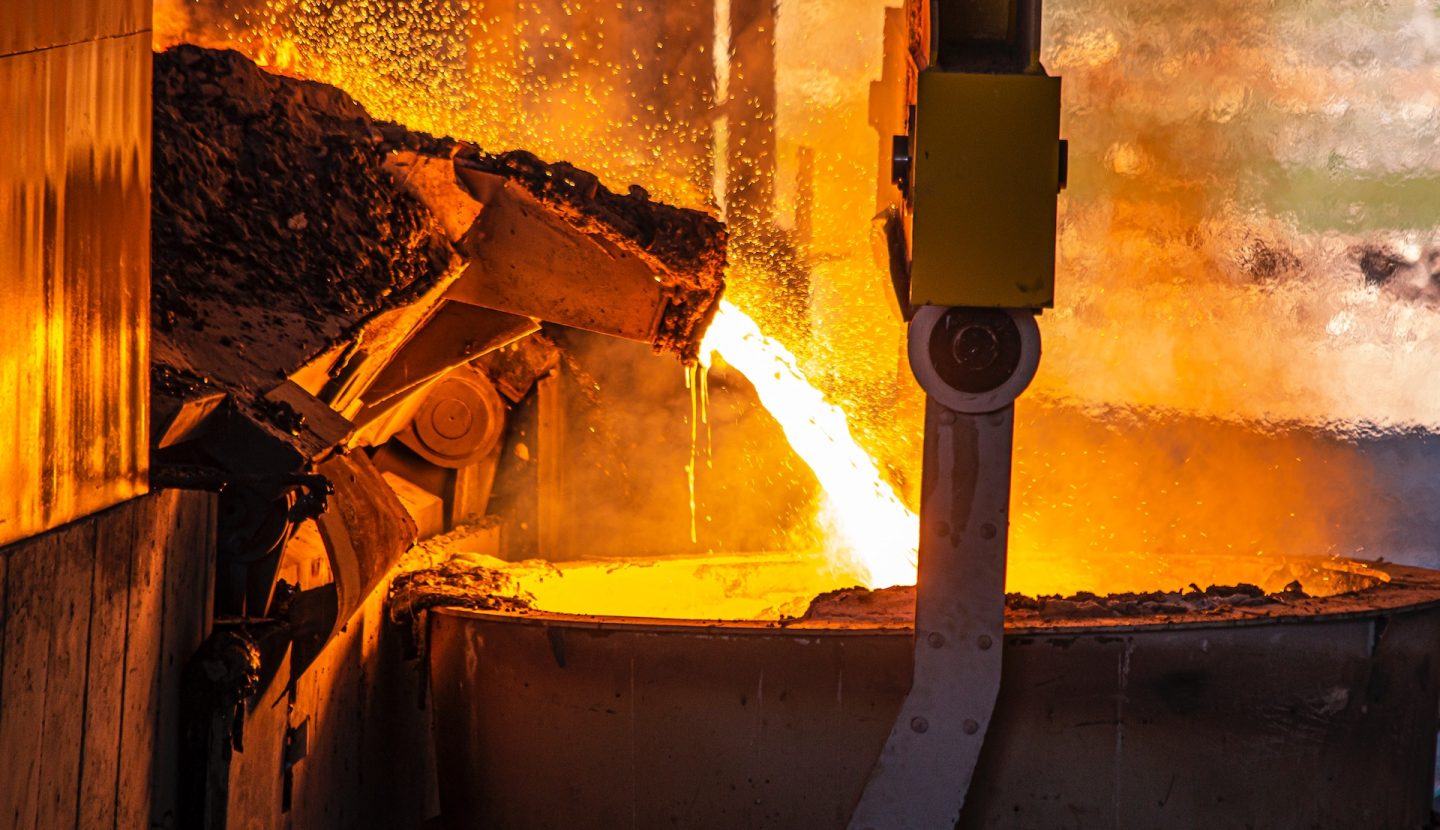SurfCleaner continues to drive growth in the global steel sector after securing a series of new contracts across Sweden. Three new deals have been signed over the last 6-months involving installations of SC0 1000 skimmer/separator hybrids at each facility.
It follows significant progress in South America, where SurfCleaner landed its first breakthrough steel sector contract earlier in 2022 through distribution partner Aeration Argentina.
Johan Jubner, SurfCleaner International Sales Europe, sais more domestic projects are in the pipeline. “Major strides are being made in the steel sector which remains a relatively new market for SurfCleaner,” he said. “We started exploring this market during the Covid outbreak, but due to restrictions we were unable to gain access to manufacturing sites showing interest.
After our success in Argentina, we continued discussions with our promising domestic leads and around last summer we secured our first ‘pilot project’ in Sweden. After just two weeks the technology delivered strong enough results to convince the client to sign a rental agreement for the equipment.
We went on to replicate this with successful demonstrations at two other separate steel mills, the last of which being the largest. We are now working on two more promising sites.”
In 2021, around 1.9 billion metric tons of crude steel were produced worldwide. Average world steel use per capita has steadily increased from 150kg in 2001 to around 230kg in 2020. By 2050, steel use is projected to increase by a further 20% to meet demands of our growing population. In 2022, the global steel market attained a value of circa USD 1.2 trillion and expected to reach nearly USD 1.61 trillion by 2028.
However, as steel consumption expands, water usage increases with it – and remains a critical ingredient supporting the manufacturing process. It is largely used for cooling, descaling, and dust scrubbing. Small amounts are consumed, with around 90% discharged and commonly used by other utilities.
Due to intensive water use, many steel plants are now actively looking to upgrade and improve their water treatment technology to drive operational efficiency while boosting green credentials by tackling hazardous compounds and hydrocarbons found in commons waste streams.
“Having developed the world’s first skimmer separator technology, SurfCleaner has a truly unique product which can offer myriad benefits to the steel sector,” added Mr Jubner. “In certain locations our machines have been placed in vast wastewater lagoons, helping remove and separate oil.
Other units are targeting fat and grease separation. Alternative approaches collect the oil but crucially do not perform an effective job separating the contamination from the water. This ultimately means the water cannot be recirculated in the most efficient way.
While there is clearly huge potential across the global steel market, we will now focus efforts on strategic expansion, particularly in Europe and South America, through our established distributor network. We see great potential in the leasing and rental model with distributors essentially buying products directly from us and renting to their customers.”
SurfCleaner’s SCO 1000 device is also highly energy efficient, requiring just 20W of electricity to operate – equivalent to a small household lightbulb. Other comparable devices require more than 10 times the energy. This low power profile means devices can be operated using mobile batteries for up to four days, while the system runs automatically reducing man hours.
In addition, the streamlined, lightweight machines contain just two moving parts, including the motor and mechanical bellows, avoiding use of pneumatics, hydraulics, pumps or hoses. This dramatically reduces maintenance costs, while the simplicity of the design makes it versatile, easily transportable and deployable in restricted locations.





